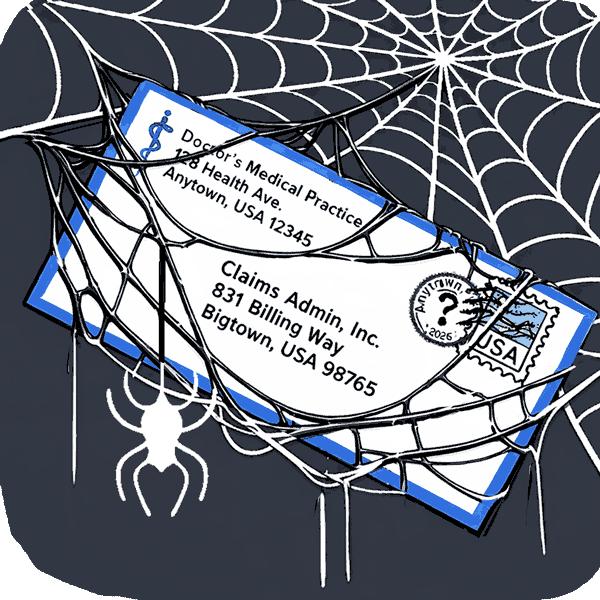Fresno USD Fails to Comply with Electronic Billing Regulations

For providers treating injured workers, electronic billing is by far the best billing option. For claims administrators in California, it’s not optional at all; accepting electronic bills and returning compliant electronic Explanations of Review (EOR) are legal mandates.
Despite this, we continue to see non-compliance from certain claims administrators. In the coming weeks, we will be publishing the names of the claims administrators that fail to compliantly return electronic EORs.
The latest culprit is Fresno Unified School District, a self-insured employer. If Fresno USD thinks that the rules for self-insured employers are different from those for the more common third-party administrators (TPA), they are grievously mistaken.
Providers treating employees of Fresno USD should address this non-compliance via audit complaint, and consider filing liens.
Electronic Billing and Workers’ Comp Rules
The state’s Division of Workers’ Compensation (DWC) mandates that claims administrators accept electronic bills from any provider who (wisely) chooses to bill electronically and to return electronic EORs in the format commonly known as an 835 file.
Unlike many workers’ comp rules, this one isn’t complicated. As the DWC Medical Billing and Payment Guide states:
...the ASC X12N/005010X221A1 Health Care Claim Payment/Advice (835) must be transmitted to the provider...The 005010X221A1 serves as the Explanation of Review, and notice of denial or objection.
And yet, Fresno Unified School District has consistently refused to return correct electronic EORs, despite repeated complaints and even intervention by the employer’s own clearinghouse. And sadly, Fresno USD is not alone in this blatant disregard for the rule.
Fresno USD’s Technical Difficulties
We first noticed the problem over a year ago, in July 2018. After Fresno USD failed to properly respond to multiple electronic bills from our clients, we reached out to the clearinghouse hired by Fresno USD, WorkComp EDI. On behalf of its client, this clearinghouse deployed a technical fix that temporarily solved the Fresno USD noncompliance and providers received electronic EORs.
One year later, and the problem arose again. We reported a recurrence of the issue earlier this month. As of this date, providers do not receive electronic EORs from Fresno USD. If Fresno USD is incapable of acting as its own claims administrator, perhaps self-insuring isn’t prudent.
Providers across the state make the effort required to switch to electronic billing, voluntarily moving to more efficient, more sustainable billing practices. California regulations require claims administrators to respond in kind.
But as is so often the case in workers’ comp, the void of enforcement leaves providers with no options except spending $150 to file a lien and to attempt to explain the nuances of electronic billing to the WCAB. When Fresno USD or any other claims administrator fails to accept electronic bills or to respond with an electronic EOR, providers should file an audit complaint with the DWC. Hopefully, the DWC will deliver employers like Fresno USD the message that these regulations are not voluntary.
NOTE: The Audit Complaint form was updated in 2019. Access the updated form here: https://www.dir.ca.gov/dwc/Auditref.pdf
The Audit Complaints Tool is just one of the ways DaisyBill’s Billing Software helps providers protect their revenue. With tools for easy, compliant, traceable authorization, billing, and requests for review, we equip providers with what they need to ensure reimbursement.
Sign up for a free demonstration by clicking the button below.
MAKE WORKERS' COMP BILLING EASIER
DaisyBill provides content as an insightful service to its readers and clients. It does not offer legal advice and cannot guarantee the accuracy or suitability of its content for a particular purpose.




